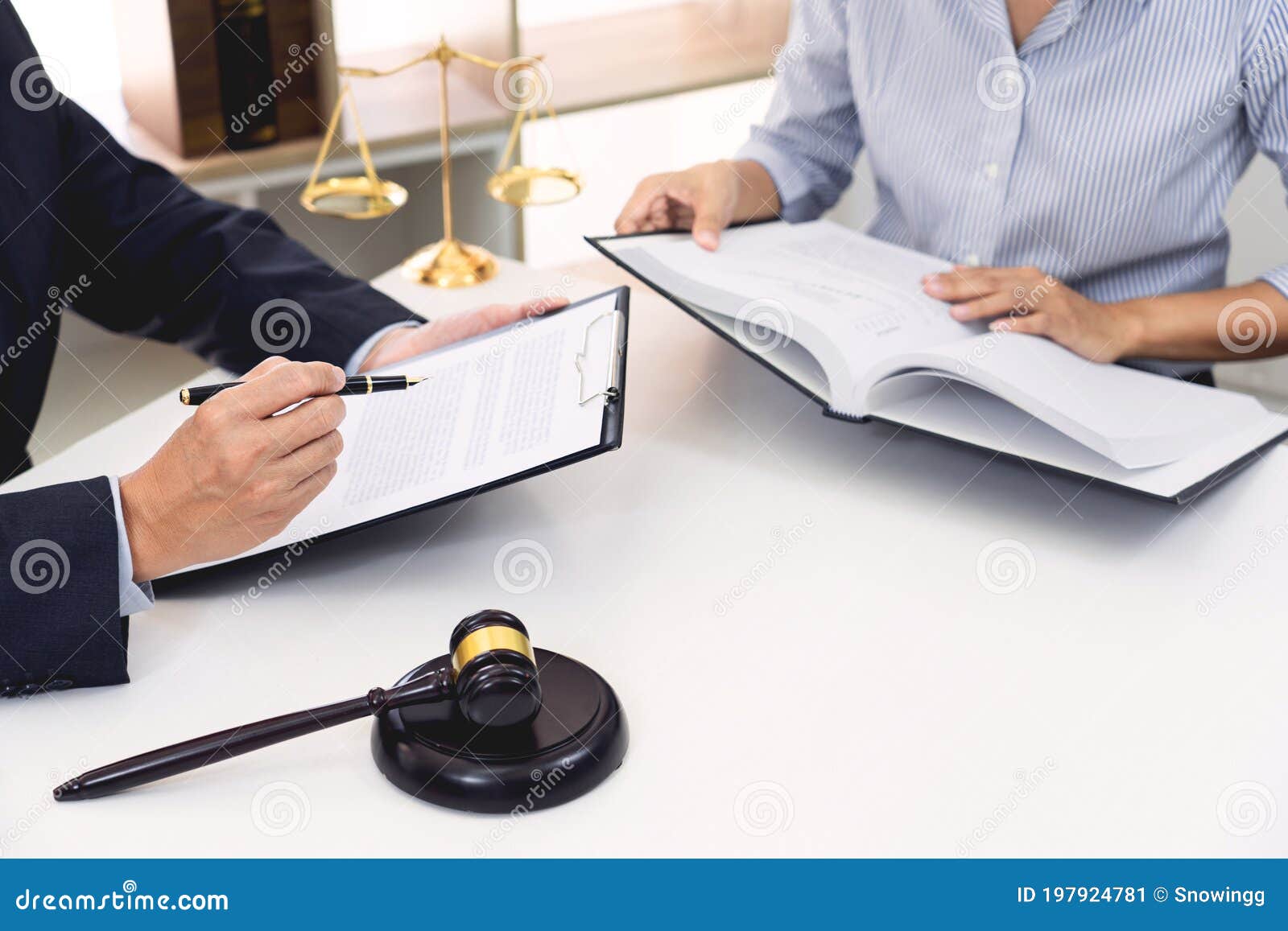Maneuvering the complexities of the justice system can often appear daunting for those who are not familiar with it. Grasping criminal law and its implications is vital for anyone who wants to safeguard their legal rights and make knowledgeable decisions. If you are facing criminal charges, navigating a family law concern, or planning to file a personal injury claim, the advice of an seasoned attorney can make all the impact.
In this article, we will explore important insights from attorneys that encompass a broad spectrum of legal topics. From knowing when to hire an attorney to understanding what to foresee during your initial legal consultation, we will present applicable tips that anyone should be informed about. You will also learn about the typical legal mistakes people make and how to select the right lawyer for your particular case. With actual examples and advice tailored to various areas of law, this guide aims to empower you with the insight you need to handle your legal obstacles effectively.
Crucial Legal Tips
Maneuvering the legal environment can be intimidating, but comprehending a few essential law pieces of advice can considerably ease that journey. First, consistently consult an attorney when you find yourself in a legal predicament. Regardless of whether it's a trivial dispute or a grave criminal charge, having a lawyer is essential. Lawyers bring expertise that can help safeguard your entitlements and concerns, guiding you through complicated legal jargon and maneuvering through the court process effectively.
An additional crucial tip is to document everything related to your case. This comprises maintaining documentation of conversations, messages, and any other communications. Solid evidence can be the difference between winning and failing a trial. Being organized not only assists your lawyer strategize but also guarantees you’re thoroughly prepared for any court actions that may occur.

Additionally, it is crucial to understand your legal rights in different situations. For example, knowing your entitlements during a police stop or what to do if you're hurt in a car accident can empower you to make wise decisions. Knowledge of your legal rights can help you act properly and decisively, ultimately supporting your case should legal action be required. ### Choosing the Right Attorney
Choosing the right attorney is vital for handling any legal matter successfully. Start by identifying the specific field of law that relates to your situation, whether it’s criminal law, injury law, domestic law, or corporate law. Every area has its own complexities, and a lawyer who specializes in your area will have specific expertise and experience that can greatly benefit your case. Take the time to investigate attorneys with a specializing in your legal needs, as this can make a huge difference in the results you achieve.
After you have narrowed down your options, consider the attorney's standing and past performance. Look for Contested guardianship , testimonials, and case histories to evaluate their level of success and client satisfaction. Setting up Texas trust lawyer with potential lawyers will provide insights into their approach, communication style, and how comfortable you feel working with them. Trust and rapport are key, as a strong lawyer-client relationship can ease the stress of the legal process.
In conclusion, it is necessary to discuss fees and billing arrangements beforehand. Ensure that you know how the attorney bills for their services, whether it's a fixed fee, hourly rate, or contingency arrangement. Transparency regarding cost expectations can prevent misunderstandings later on. Factoring these aspects in will help you make an knowledgeable decision, leading to a partnership that supports your legal journey.
Understanding Judicial Procedures
Maneuvering the judicial system can be complex, particularly for those unfamiliar with its various elements. The lawful system often commences as soon as a dispute emerges or an event happens that demands legal action. Comprehending how redirected here , from filing a lawsuit to potential settlements, is essential for individuals contemplating judicial action. It is crucial to understand that not all instances of lawsuits must go to court; many issues can be resolved through negotiation or compromise, which can save time and money.
After a case is filed, parties engage in a discovery phase where they exchange proof and insights relevant to the case. This stage is essential as it sets the foundation for hearing positions in the courtroom. People must also recognize the timeframe involved, as legal processes can often take years and even years before arriving at a resolution. Staying ready at each stage can significantly influence the conclusion of a case.
For those unsure of their position in a court matter, hiring an legal professional can help clarify whether they have a solid legal case. Judicial professionals evaluate the facts and proof, offering insights into the merit of the case and approaches for proceeding. This preliminary evaluation can help people make knowledgeable choices on how to act, whether that leads to court or an alternative settlement.
